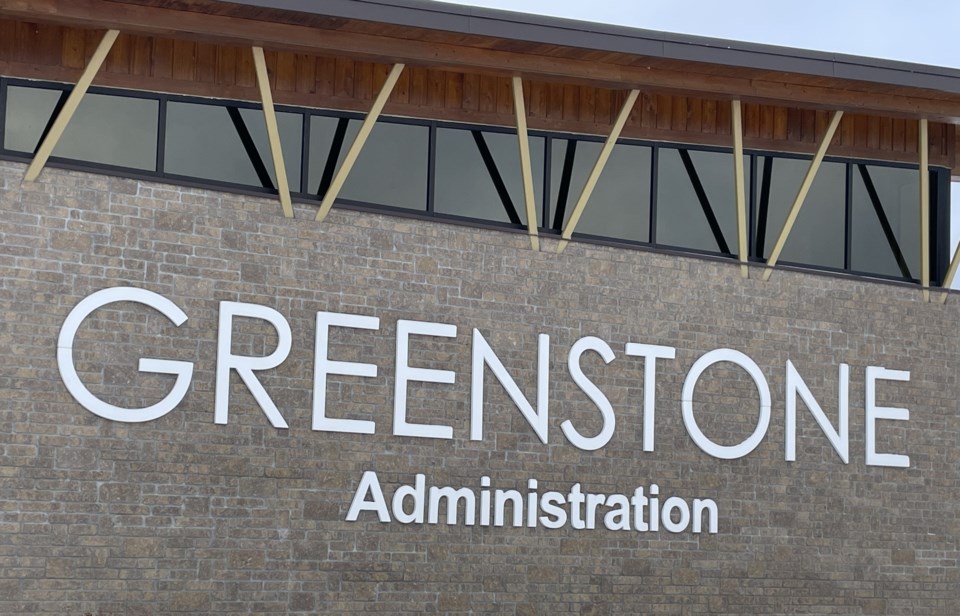GREENSTONE — Landowners in Greenstone’s communities will have fewer hurdles to get through if they want to purchase property that the municipality owns, but no longer needs.
In June, council approved changes to the municipality’s policy around the sale or disposition of municipal land, specifically dealing with property deemed surplus by city hall. There had been a requirement that buyers had to build something on that land within two years, but that has now been waived.
“That's one of the parts of the consideration that's coming into play is that we really actually have no feasible — for some of the smaller sales — way of ensuring that someone actually does build within the timeframe that's been stated other than, I guess, moral persuasion to say, ‘hey, you promised to do this,’” Greenstone CAO Mark Wright told council.
“So that's, I guess, part of why the proposal that's in front of council, because if we ultimately can't enforce it, why give the idea that we can.”
During the discussion, council heard that these changes will largely help people who want to purchase small pieces of land adjacent to their own. The staff report says there are roughly 189 available municipally-owned lands throughout Greenstone, with the majority being zoned for single-family housing.
“Many of these lots, particularly in the Geraldton ward, are not of a desirable size for building,” the report says.
The proposal, while ultimately endorsed by council, was opposed by Coun. Matthew Donovan who said he’s concerned it will largely lead to people expanding their existing property without building anything on it, which means the municipality can’t collect much in the way of additional revenue and it closes that land off to any potential future development.
“There's not going to be anything on these lots, except for an 80-thousand-dollar trailer and a 40-thousand-dollar boat — that’s what's going to be on the lots,” he said during the discussion. “There's going to be no water income, there’s going to be minimal tax income.”
“Absolutely, it's more than we're getting right now, but we're writing off anything for the future. Anything for the future, gone.”
One of his colleagues, Coun. Chris Walterson, said that the municipality has bettered its revenue off of similar sales in the past.
“About 10 years ago, we sold multiple lots to a couple of people in town, and I just went on the (Municipal Property Assessment Corporation) website and their houses are assessed at $425,000,” he said.
“So, I think we get a significant amount of taxes from them as opposed to just an empty lot.”
The report to council states that “offers would only be presented to council if they meet the fair market value, or one of the exceptions as set out in the policy. This is intended to ensure a more standardized approach, as well as streamline the property purchase process.”
Exceptions can be granted for things like if a land transfer would have “a significant public benefit or strategic development objective would be achieved,” the property has a limited use or market interest and if an offer also included provisions like the purchaser footing the bill for things like infrastructure improvements.
A draft bylaw for the changes is slated to be before council on July 14.
-With files from Justin Hardy
